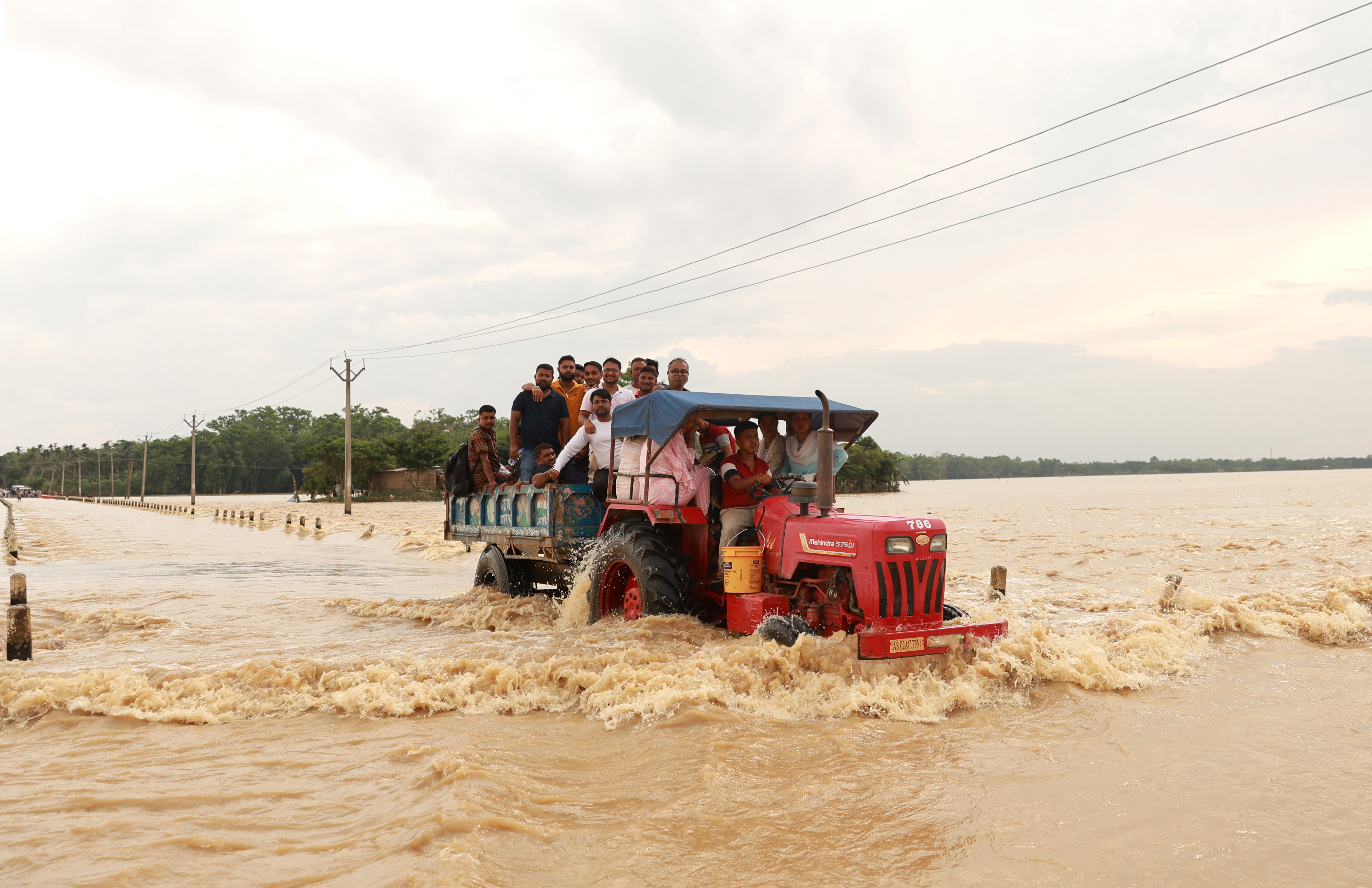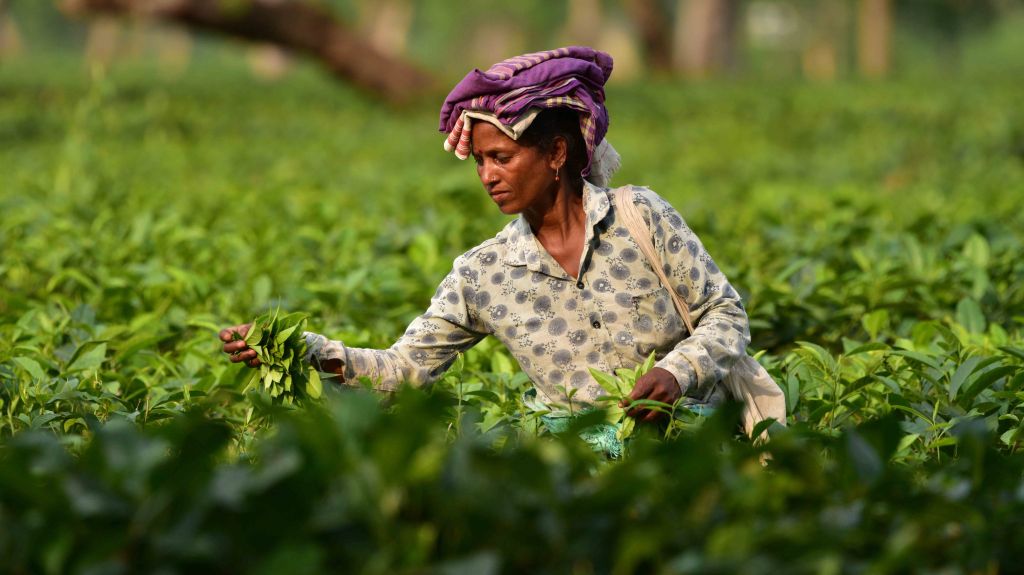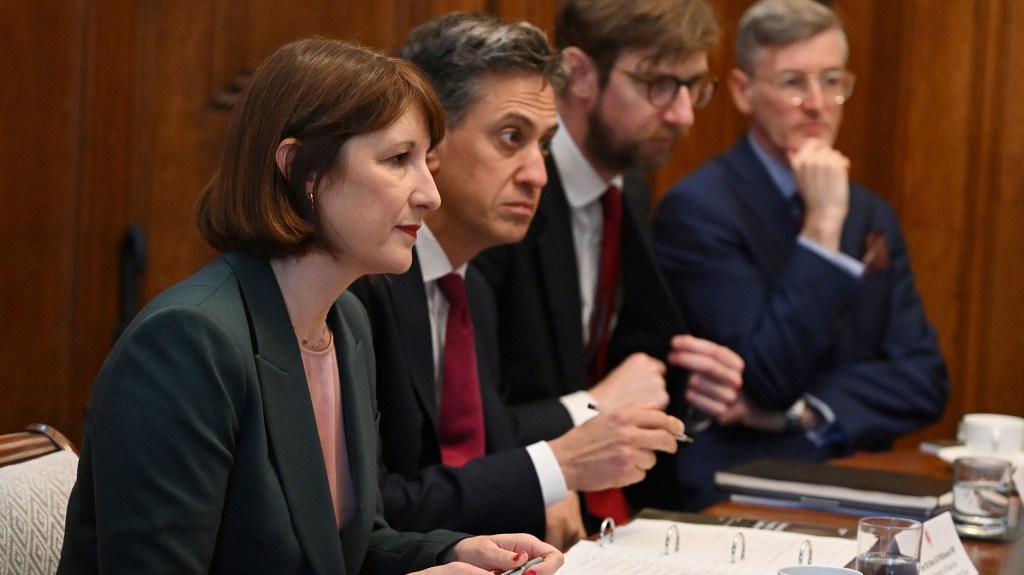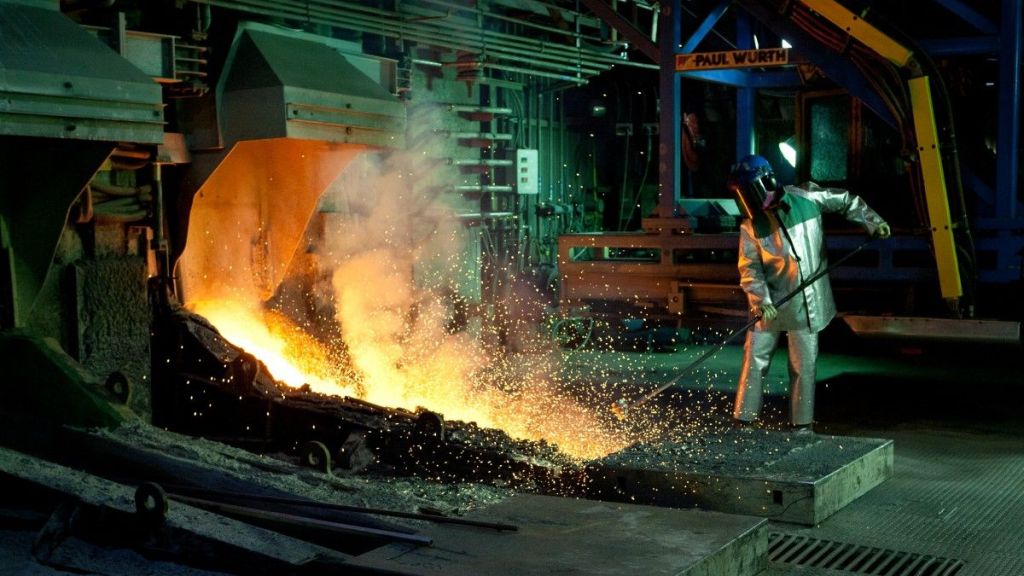Tea Prices Surge Amidst Harvest Disruptions from Extreme Weather
The Bank of England may have reined in inflation, but tea enthusiasts might still feel the pinch as extreme weather wreaks havoc on tea harvests in India’s top tea-producing regions.
Heatwaves and floods have escalated the average price of Indian tea leaves to over £2 per kilogram, marking an almost 20% increase compared to last year, based on data from India’s Tea Board.
Additionally, tea production faces challenges from the Indian government’s recent ban on 20 pesticides.
• Weather: Climate warning as June 2024 is hottest on record
Prabhat Bezboruah, a senior planter and former chairman of the Tea Board, stated, “Extreme weather events are hurting tea production. Excessive heat in May, followed by flooding in Assam, are reducing output.”
Assam, contributing to more than half of India’s tea production, has been severely impacted.
India’s tea production hit a record 1.394 billion kilograms last year, but forecasts predict a reduction by about 100 million kilograms — roughly 7% — this year. The UK remains India’s largest tea export market, with Britons consuming around 100 million cups daily, adding up to about 36 billion annually.
The bulk of India’s tea harvest occurs from July to October, and Bezboruah estimates the wholesale price could climb by 16% to 20% this year.

In the UK, supermarket tea prices have already risen by 11% over the past year. Currently, an average packet of 80 tea bags costs £2.64, up from £2.37 the previous year, according to the Office for National Statistics.
Future retail price hikes will depend on the extent to which manufacturers and retailers absorb higher costs and the duration of existing tea supply contracts.
India’s heavy monsoon rains have caused widespread issues, including in metropolitan areas like Delhi. In May, tea output dropped by over 30% compared to the same month last year as a severe heatwave impacted leaf-picking efforts.
Tea production in May fell to just 91 million kilograms, the lowest for May in over a decade.
• French rediscover their love of tea — and want to supply Britain
Alongside the Irish and Turkish, Britons are among the world’s top tea drinkers. However, traditional English breakfast tea, or builders’ tea, has seen a decline, while herbal tea consumption has surged.
Last year, market research firm Kantar reported that Britons’ spending on herbal teas surpassed that on traditional tea for the first time.
This does not necessarily reflect a higher volume of herbal tea consumption, as specialty teas often cost two to five times more than builders’ tea. Nonetheless, other studies suggest that most people now prefer a specialty brew when given the option.
For tea purists, there’s some good news: while tea bag prices are on the rise, milk prices have dropped. The ONS reports a 6% decline in whole milk costs over the past year. However, those who sweeten their tea face an 8% increase in sugar prices.
Last month’s inflation figures indicated a 2% rise in the consumer price index (CPI). Prior to this, inflation had exceeded the Bank of England’s 2% target for over three years.






